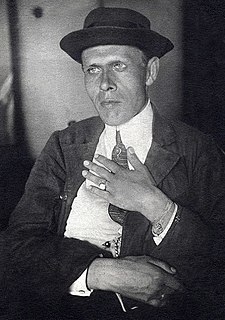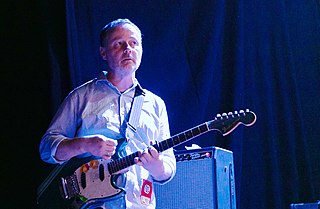A Quote by Tommy Wiseau
I write on scraps of paper. I do it every other day. I write about people's lives or how people look or my experiences. I'm very detailed - it's like a script.
Related Quotes
I think that were I in the middle of an obsession to write about, say, sudden oak death in California or my grandchildren or time and memory and how they look when you get to be in your sixties, and I thought, "Well, yes but people are dying every day in Baghdad," I wouldn't feel guilty about not writing about Baghdad if I didn't have any good ideas about how to write about it.
I'm trying to write truthfully about life, and naturalism, or the way people normally talk in movies, is a convention. The way I write is about life and is quite truthful, and there is a kind of brutal side to the relationship, and to the feelings, that makes it somewhat painful, but I think it's a very intense portrait of the relationship of two people. And a bit about what people feel like when they're alone, because it all takes place in one day, and during the day, they spend a lot of time alone in their different - you get to imagine what their fantasy lives are like.
I'm a brown girl from a Punjabi pind raised in Toronto. I don't expect literary critics and purists to understand the nuances of my experiences, and the experiences of the people around me... And my tradition holds that there is a magic in the written word. So how I write, what I write of, and why I write all comes naturally.
I didn't learn how to read and write until pretty late, and it was this very mysterious, incredible thing, like driving, that I didn't get to do. And then I started writing things down on little scraps of paper and I would hide them. I would write the year on them and then I would stuff them in a drawer somewhere. But I didn't start to really read until about eight. I'm dyslexic, so it took a long time.
We see only the script and not the paper on which the script is written. The paper is there, whether the script is on it or not. To those who look upon the script as real, you have to say that it is unreal - an illusion - since it rests upon the paper. The wise person looks upon both paper and script as one.
The secret to writing is just to write. Write every day. Never stop writing. Write on every surface you see; write on people on the street. When the cops come to arrest you, write on the cops. Write on the police car. Write on the judge. I'm in jail forever now, and the prison cell walls are completely covered with my writing, and I keep writing on the writing I wrote. That's my method.
In terms of the economics, yes obviously the rise of e-books and how people choose to read books has a big effect on the economics of the game. But whether people are buying them on paper or downloading them there's still some poor wretch in a room who is trying to write a poem, write a story, write a novel. And so my job doesn't change. It's just how people receive it and economic conditions on the ground change, but that doesn't affect what I write.






































